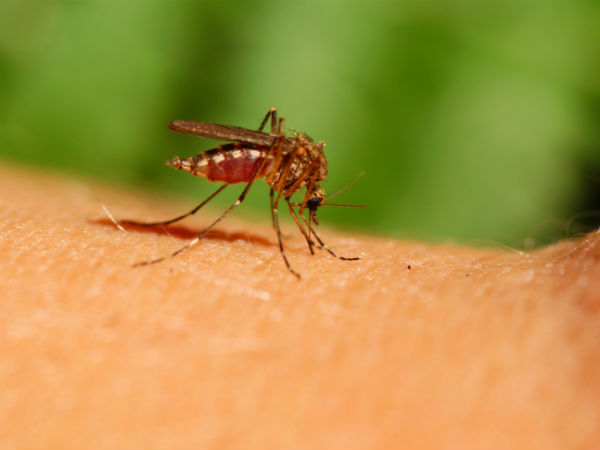
Colombo: Sri Lanka’s Ministry of Education has introduced new guidelines aimed at preventing the spread of dengue and Chikungunya in schools nationwide. According to these directives, school principals could face legal consequences if inspections reveal mosquito breeding sites on their premises. Schools are required to establish and execute programs to eliminate mosquito breeding grounds while maintaining normal educational activities. Notices have been sent to all public and approved private school leaders, religious school heads, and officials at national colleges and provincial offices to inform them of these measures. Schools will undergo regular inspections to ensure compliance.
Dengue and Chikungunya cases are increasing in Sri Lanka. The World Health Organization highlights that dengue’s clinical spectrum ranges from asymptomatic to severe illness, with about 25% of infections showing symptoms such as high fever, headache, rash, muscle and joint pain, nausea, and vomiting. Severe cases can involve bleeding and shock, which may be fatal. Treatment mainly involves symptom relief, and severe cases require hospitalization.
Chikungunya is a viral disease transmitted by Aedes aegypti and Aedes albopictus mosquitoes, causing high fever and intense joint pain. The name means “that which bends up,” reflecting the stooped posture of those infected with severe joint pain. The virus was first identified in Tanzania in 1952 and has since caused outbreaks in Africa, Asia, and more recently the Americas, where initial cases appeared in 2013. Both mosquitoes are most active during the day, especially in the early morning and late afternoon, and are also vectors for other viruses like dengue and Zika. Outbreaks of Chikungunya have become more frequent and widespread globally since 2004, affecting over 110 countries.
